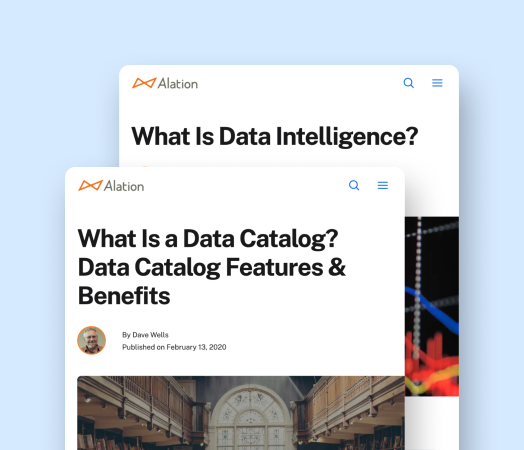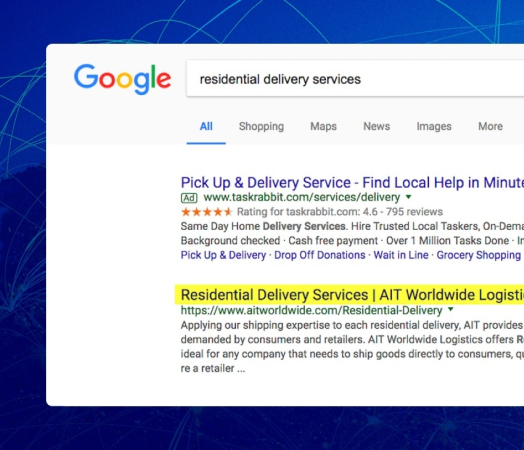SEO and GEO for B2B Companies
Harness the power of an SEO and GEO expert agency to dominate search results and transform qualified leads into bottom-line revenue.
Boost web traffic and conversions with our B2B SEO and GEO experts
You need search-engine-optimized content to draw traffic to your website, engage your audience and ultimately drive conversions. But when your audiences’ search results are crowded with competitors’ content, a few keyword-rich blog posts won’t cut it. You need a comprehensive SEO and GEO strategy that considers the technical foundations of your website, the latest updates to search engine and generative engine algorithms and ongoing, strategic content production.
That means you need a professional search engine and generative engine optimization firm with expertise across multiple facets of SEO and GEO to solve your marketing challenges. Walker Sands’ expert SEO and GEO team analyzes the unique aspects of your business and industry to identify specific keywords. This strategic approach allows you to target audiences whose intent aligns with your goals, significantly increasing the likelihood of conversion.


Improve lead quality
Improving your SEO and GEO strategy doesn’t just attract more traffic to your site — it attracts better traffic. With keywords and content targeted to your specific audience and their search intent, you get higher quality leads that are more likely to convert.
Position your brand as an authority
Appearing high in organic listings when your audience searches for answers to their most pressing business questions elevates your credibility — even more so when the content is thorough, useful and highlights your industry expertise.


Get more out of your web content
Fixing technical issues that hold you back from maximizing web traffic can boost the returns on your investment for both your website and content.
Explore more outcomes and solutions from Walker Sands
Get in touch to optimize your B2B SEO and GEO strategy.

Vice President, SEO